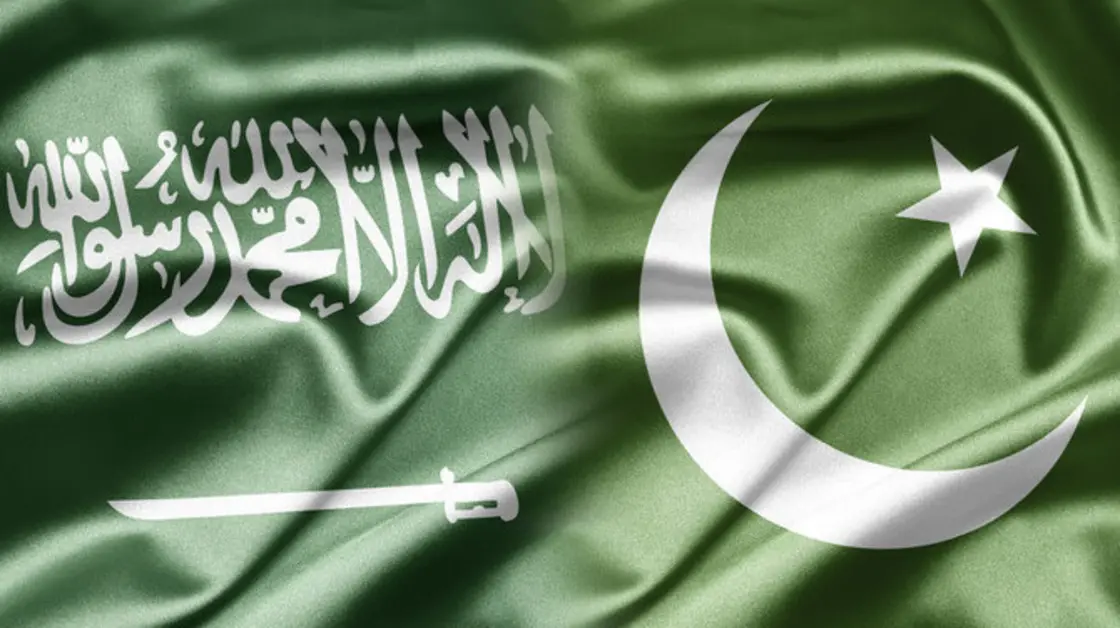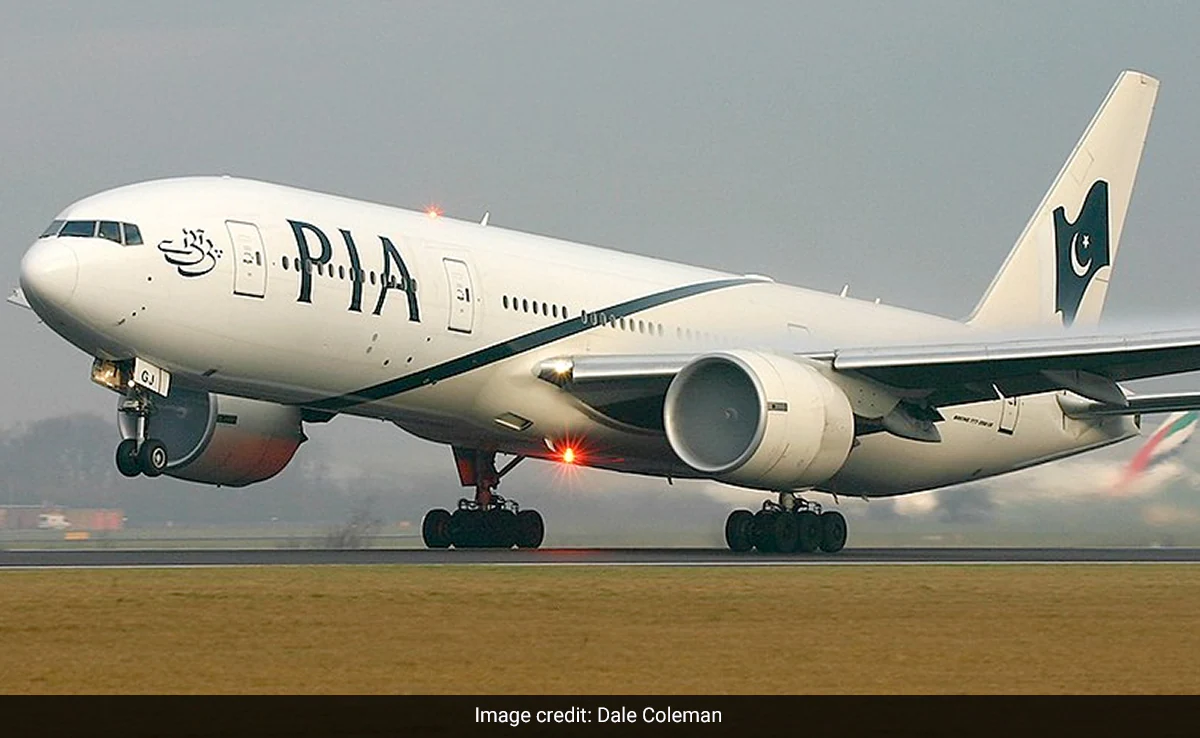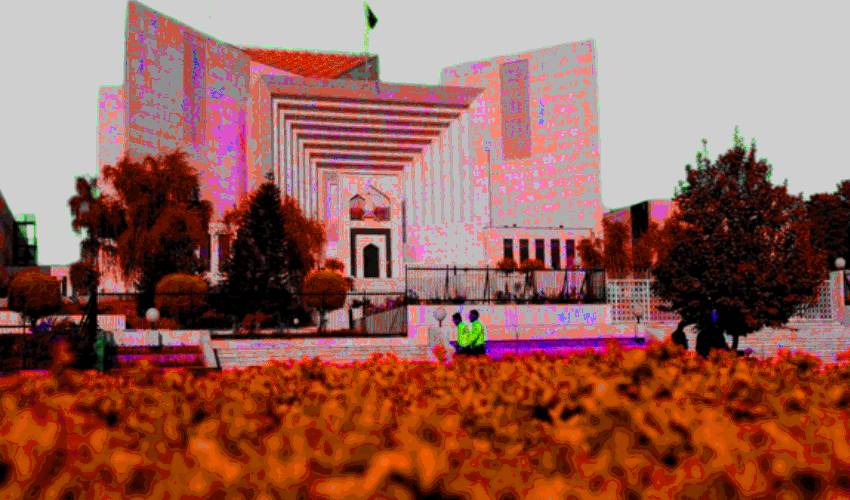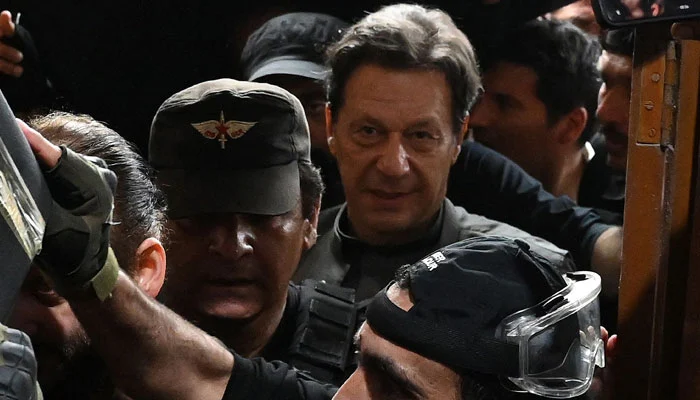
Pakistan has made a formal request to the Kingdom of Saudi Arabia for $1 billion in oil facilities on deferred payment terms, set for the calendar year 2024. This request comes at a crucial juncture, just ahead of the International Monetary Fund’s (IMF) review talks. The financing plan, which encompasses this request, has been meticulously devised as part of a larger $3 billion Standby Arrangement (SBA) program orchestrated by the IMF, specifically tailored to address Pakistan’s oil economy. This program is slated to continue until the end of March 2024, filling an essential role in stabilizing Pakistan’s fiscal position. The existing Saudi Oil Facility is set to expire in December 2023, necessitating a new arrangement to ensure the steady flow of oil and the financial support required by Pakistan.
Under the existing Saudi Oil Facility, Pakistan has already received $300 million during the last three months of the current fiscal year. This financial lifeline has been crucial to Pakistan’s economic stability, given the challenges it faces. Over the course of this year, Saudi Arabia disbursed a total of $700 million from March to September 2023, exemplifying the importance of the facility in bolstering Pakistan’s economic resilience. The request for a new facility will require further discussions and negotiations with Saudi Arabia to determine the specific modalities, associated costs, and the terms and conditions that will govern this crucial financial arrangement.
Furthermore, the recent news highlights another significant development concerning the Islamic Development Bank (IsDB). Initially, the IsDB had pledged to provide a syndicated loan of $1 billion to Pakistan during the current fiscal year under the auspices of the Islamic Trade Finance Corporation (ITFC) mechanism. However, recent indications suggest that the IsDB is now considering a reduction in the loan amount, potentially downsizing it to a range between $250-500 million. This shift is attributed to a confluence of factors, including the challenges associated with securing dollar loans from international financial institutions and the impact of higher global interest rates. These adjustments underscore the dynamic and ever-evolving nature of Pakistan’s financial arrangements as it navigates its economic needs.
The Ministry of Finance in Pakistan is actively preparing for upcoming review talks with the IMF, scheduled to take place in November 2023. These discussions will be centered around the structural benchmarks, indicative criteria, and performance criteria that have been mutually agreed upon with the IMF as part of the $3 billion SBA program. This program is designed to help Pakistan adhere to strict fiscal targets, with a primary aim of restricting the budget deficit within the limits approved by the IMF.
In sum, the article underscores the significant efforts that Pakistan is making to secure the necessary financing to address its economic requirements and meet the fiscal targets established by the IMF. The country’s ability to navigate these complex financial arrangements will have far-reaching implications for its economic stability and growth prospects. The ongoing negotiations and discussions are a testament to the intricate web of financial relationships that underpin Pakistan’s economic resilience in a rapidly changing global economic landscape.
Thank you for entrusting us as your source of information. Together, we aim to shape a world where knowledge transcends borders and unites us all. Stay focused, stay informed, and let’s make our world a better place, one story at a time.



